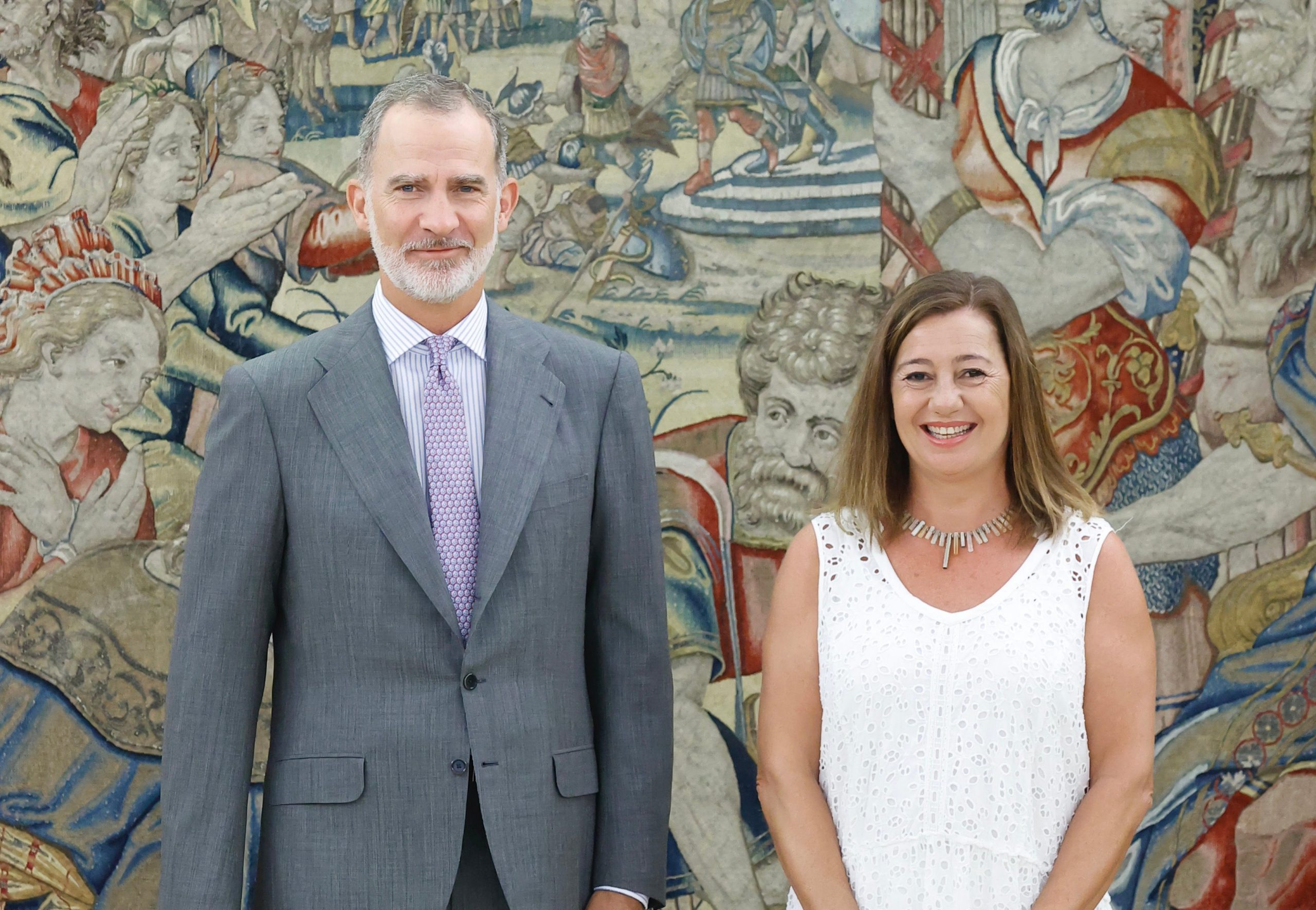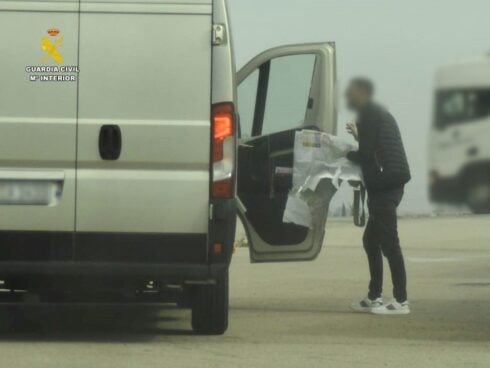SPAIN’S king, Felipe VI, is meeting with the country’s political parties over the coming days in an effort to decide on a possible candidate for prime minister. The process comes after the inconclusive general election of July 23, which saw the conservative Popular Party (PP) win the most seats in Congress but fall well short of a majority.
It is, for now, far from clear as to who King Felipe will propose, or when. Potentially he could do so as early as Tuesday afternoon, but at the same time he could request further meetings before taking his decision.
The PP is arguing that the choice should be its candidate, Alberto Nuñez Feijoo, on the basis that he represents the most-voted party.
The Socialist Party, meanwhile, is arguing that such an investiture debate, where Feijoo is the candidate, would be a waste of time given that he is highly unlikely to prosper.
The PP can likely count on 172 votes in the Congress of Deputies: 137 of its own seats, 31 from far-right Vox, and one each from the Canarian Coalition and the Navarrese People’s Union (UPN).
This, however, is still short of an absolute majority of 176 in the 350-seat chamber, and no other party for now is willing to lend its support due to their opposition to the extreme policies of Vox.
According to reports in the Spanish press, the Socialists – who have been governing in coalition since 2020 along with leftist Unidas Podemos – are wary of the timings of the repeat elections that will be called automatically should an investiture vote fail.
If an investiture vote is held at the beginning of September, a fresh election would be called for December 17. If it were any later, the polls could fall on the weekend of Christmas or New Year.
There has already been widespread discontent this year over the July 23 date of the general election, which interrupted many Spaniards’ vacations and saw a record number of postal votes cast.
The Socialists’ candidate, meanwhile, caretaker prime minister Pedro Sanchez, also faces an uphill struggle should the king choose him as the candidate for the investiture.
Sanchez could cobble together as many as 178 votes in Congress, which would be enough for a majority. He would need the support of the new leftist alliance Sumar, which has absorbed a number of smaller parties, including Unidas Podemos, as well as regional parties such as the Basque Nationalist Party (PNV).
The sticking point, however, will be Together for Catalunya, a pro-Catalan independence party that is led by politician Carles Puigdemont. He was at the head of the 2017 independence drive and has been living in self-imposed exile in Belgium since he fled Spain to avoid arrest.
Junts is demanding a number of promises from Sanchez in return for its support, including an amnesty for those involved in the 2017 push for independence and a new referendum on the northeastern region’s secession from Spain – something that is not currently possible under the Spanish Constitution.
What happens next in this ongoing political stalemate will be decided by King Felipe VI, quite possibly in the coming days.
Read more:
- The role of Spain’s King Felipe in forming new government with political parties seeing monarch next week
- Pedro Sanchez scores important victory with Catalan separatist backing as he tries to remain Spain’s Prime Minister
- Far-right Vox offers Partido Popular’s Feijoo ‘no-strings’ backing to form new minority government in Spain
Click here to read more Spain News from The Olive Press.








